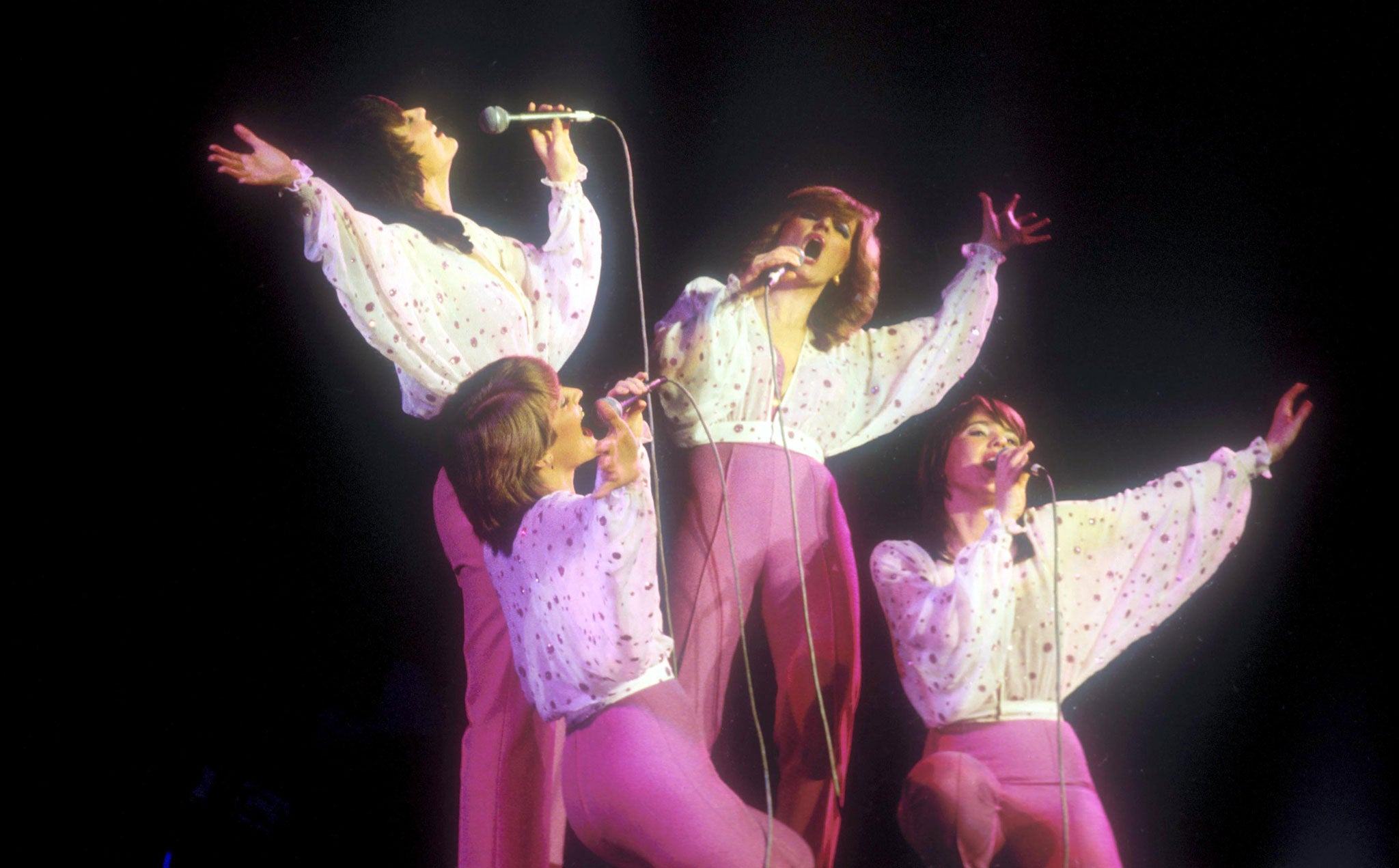Interesting objects: The first CDs were dismissed on 'Tomorrow's World' - and their size was determined by a Beethoven fan

Happy birthday, compact disc! 1 March, 1983 saw CBS unveil 16 shiny pop music titles to a British public who had become wearily tolerant of the crackle of vinyl and the flutter of cassette tape; these titles ranged from the sublime (Michael Jackson's Off the Wall) to the slightly ridiculous (Santana's Shangó) to the barely remembered at all (Quarterflash's Quarterflash). Those who could afford it could now experience pure digital stereo for the first time; as conductor Herbert von Karajan said when he first heard a CD (not Quarterflash's): "Everything else is gaslight".
The Japanese had a five-month head start. Billy Joel's 52nd Street is credited with being the first CD on sale on 1 October, 1982, but there were actually 50 titles to choose from that morning, from Tchaikovsky's rousing 1812 Overture to the blistering force of the Nolans' "Don't Love Me Too Hard". The first CD to actually roll off the manufacturing line was apparently Abba's The Visitors.
A notable absence from the first batch of CDs was Beethoven's 9th Symphony. As the format took shape, Philips and Sony had conflicting views over how big it should be; Sony reckoned 10cm, while Philips preferred 11.5cm, the corner-to-corner dimensions of the popular cassette tape. The diameter was eventually established as 12cm, supposedly because the wife of Sony's vice president, Norio Ohga, wanted her favourite piece of music, a 1951 recording of Beethoven's 9th, to fit on it. With a capacity at launch of 74 minutes 33 seconds, the CD could have coped, but the U-Matic master tapes used to make CDs still only held 72 minutes of music. So Beethoven's 9th didn't fit on to a single disc until 1988.
In a piece of marketing genius that deserves a retrospective round of applause, the first CD player was also launched on 1 March; had you bought a clutch of CDs at London's Virgin Megastore, you could have nipped around the corner to Tottenham Court Road and blown £550 on a Sony CDP-101 to play them on. It promised 'perfect reproduction forever' and came not only with a chunky RM-101 remote control, but a mysterious 26-pin connector on the back that was originally intended for graphics output but was never actually used. Fawning reviews of the machine carefully described how the disc should be inserted 'label-side up', but not all were impressed; one member of staff on a British hi-fi magazine reportedly resigned rather than have to review a CD player.
CD booklets warned that the discs were vulnerable to dust, fingerprints and scratches, but the myth grew that they were indestructible. A segment on BBC show Tomorrow's World presented by Kieran Prendiville was partly responsible; he was shown scraping and scratching a Bee Gees CD to demonstrate its resilience, although folklore states that he coated it with strawberry jam. Neither Prendiville nor co-host Maggie Philbin remembers any jam; just Kieran's sceptical pondering over whether it would catch on.
It did, of course – mainly thanks to one album. Robert Simonds, founder of independent label Rykodisc, recalled its ubiquity: "We were fighting to get our CDs manufactured because the entire worldwide manufacturing capacity was overwhelmed by demand for a single rock title – Dire Straits' Brothers in Arms." Historical documents reveal that it was indeed Mark Knopfler and co, rather than Quarterflash, who scored the first million-selling CD.
Join our commenting forum
Join thought-provoking conversations, follow other Independent readers and see their replies
Comments
Bookmark popover
Removed from bookmarks